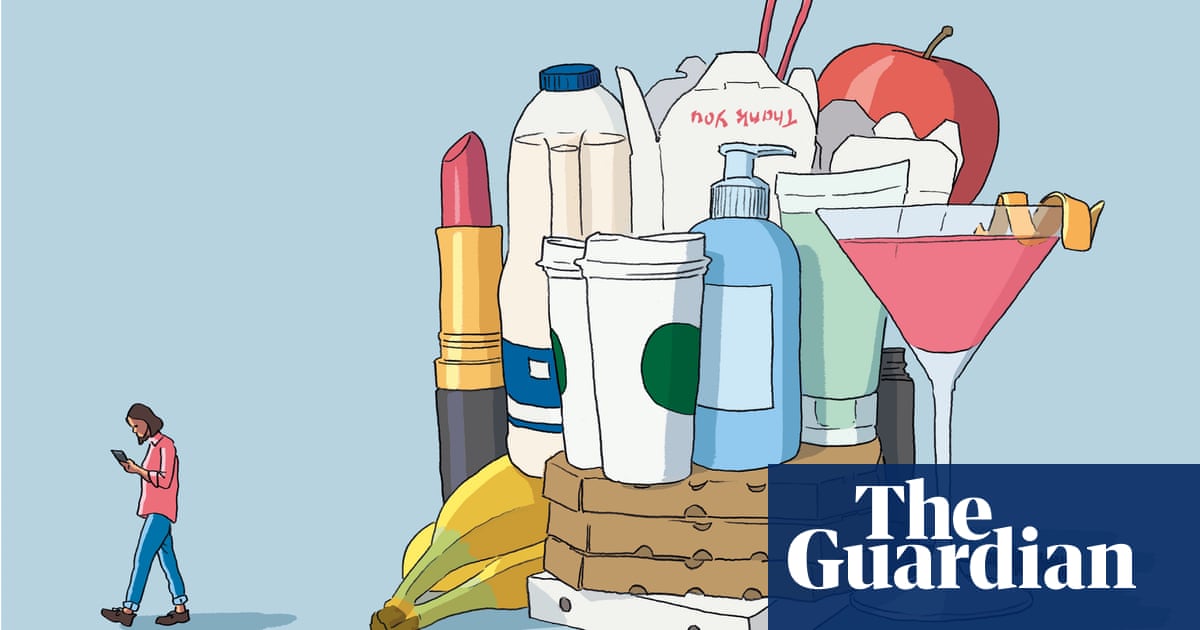
The food market was a rare taste of former freedoms. But as two members of the “morality police” appeared from the crowd, terror and panic eclipsed all thoughts of groceries. Although we were dressed in modest clothing and headscarves, the men chastised us for failing to wear face masks – a shortcoming deemed “bad hijab” under their law. Three years after the fall of Kabul to Taliban militants marked the collapse of western democracy across Afghanistan, these encounters are commonplace.
Afghanistan is now the only country in the world that prevents girls from attending school after sixth grade. Women can no longer obtain driving licences and even require a male chaperone to move from province to province and around the city. But while the liberties we once enjoyed continue to recede, the world’s attention has moved elsewhere. I am a female Afghan humanitarian aid worker, and I am confronted daily by the human toll of women’s struggle to reconcile their unbowed ambitions with a darkened and increasingly overlooked reality.
And yet three years after the plight of Afghan women has faded from global headlines, humanitarian support is dictated not by voices within Afghanistan but by people who have fled the Taliban, living across the world, who encourage the international community to sever all ties with the Taliban government. As someone who still lives and works here, I find this misguided: their interventions only harm the people who need help. I’ve lost count of the number of aid workers I know who have lost their jobs due to funding cuts – and my own work trying to help women here suffers as a result.
Veiling one’s face is just one of more than 50 restrictions that the Taliban have imposed on women since they seized power in 2021. From one day to the next, new laws are announced and our nightmares become reality. The ban on women going to their workplace worsened last month, with the news that the salaries of the female government employees who were obliged to stay home will be cut from about 50,000 rupees to only 5,000. Denied an income, many worry how they will support their families or cover basics such as food and fuel. The normality that we clung to in gyms and beauty parlours operating under the radar has likewise vanished in recent months, as growing pressure from the ministry for the propagation of virtue and the prevention of vice forces their closure.
In this climate of relentless constraints, nothing is guaranteed. Confined to their homes, women find that fear and speculation over possible new restrictions have become a constant preoccupation. While this aggression against our freedoms has left Afghanistan unrecognisable, its impact on women’s mental health is far more alarming. I support between 40 and 70 women on a weekly basis: about 80% of them are facing mental health challenges.
These manifest in a variety of ways. Some of the people I am helping are worried by material concerns such as funding a child’s medical treatment or funeral. Others are so unwell they are unable to register their surroundings and simply laugh hysterically. Many more are unwilling to even accept they are struggling.
Without the funding or time, I can only refer them to other agencies and offer temporary relief such as a coat, a carton of juice or a biscuit. After several appointments, women realise that the offer of aid is a dead end – their frustration and hopelessness match my own. Not only are we living in a climate where our government is stripping away our rights, but the agencies on the ground that could help have fewer and fewer means to do so.
As aid budgets shrink, humanitarian workers and resources are stretched even further, and the punishment is felt most by women already suffering from persecution. The international community must instead empower us to help the millions of Afghan women still living in the country, keeping politics and humanitarian aid distinct and apart. Here at home, we are fighting to be heard.
Afghan women are resilient and strong in our belief in a better future. We remain determined to stand tall and occupy the little space that remains for us in our country. The hard-earned achievements of the women before us were the result of this faith. We are ready to stand for this once again.
The author has been working for humanitarian organisations in Afghanistan since before the Taliban takeover, supporting and listening to the experiences of thousands of fellow Afghan women. She is remaining anonymous for her safety












